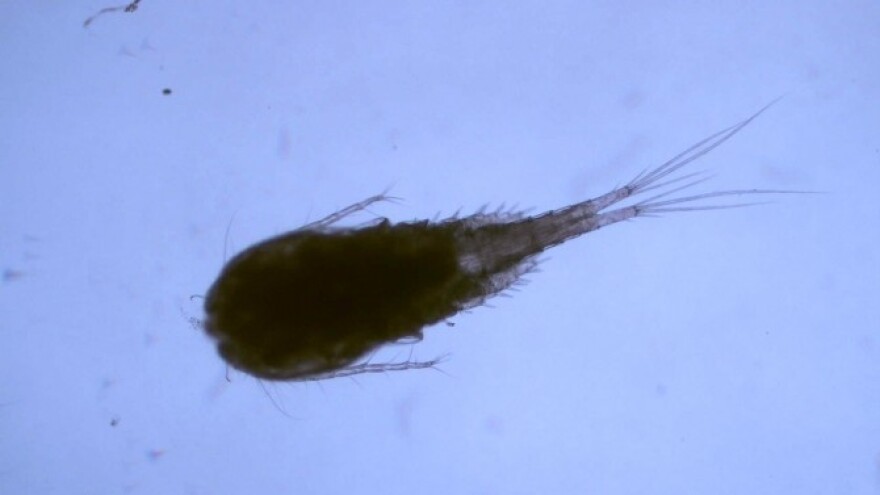Two new zooplankton species have entered the Great Lakes, according to researchers at the Cornell University Biological Station.
The finding was announced Wednesday after the two species of zooplankton were confirmed in Western Lake Erie.
Jennifer Chaddick is with the Alliance for the Great Lakes.
“These two critters are actually the third and fourth non-native zooplankton found in the past three years. So for us, that starts to sound like a bit of an alarming trend.”
Chaddick said it’s not clear how the zooplankton got to the Great Lakes.
“But it’s still very early. Researchers have made it clear that we don’t know if these will become invasive. We don’t know what problems they will cause.
Chaddick said efforts should be focused around keeping the zooplankton from spreading across the Great Lakes.
She said ships can spread non-native zooplankton across the lakes.
The first species, Diaphanosoma fluviatile, is native to Central America, South America, and the Caribbean. The second, Mesocyclops pehpeiensis, is native to tropical areas of Asia.
Cornell University reports that both zooplankton were found at low levels in Lake Eerie. Researchers say they will continue to monitor those populations.

